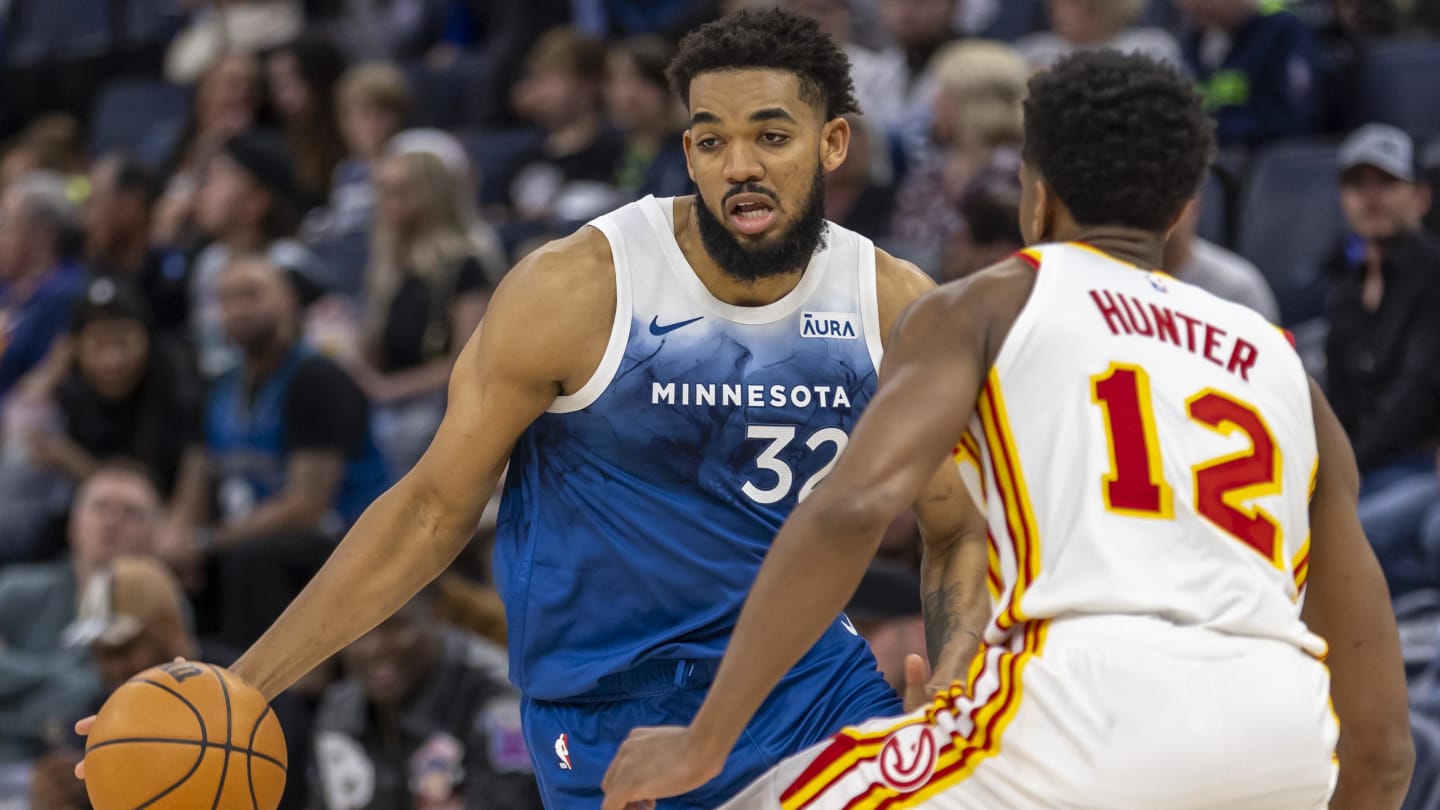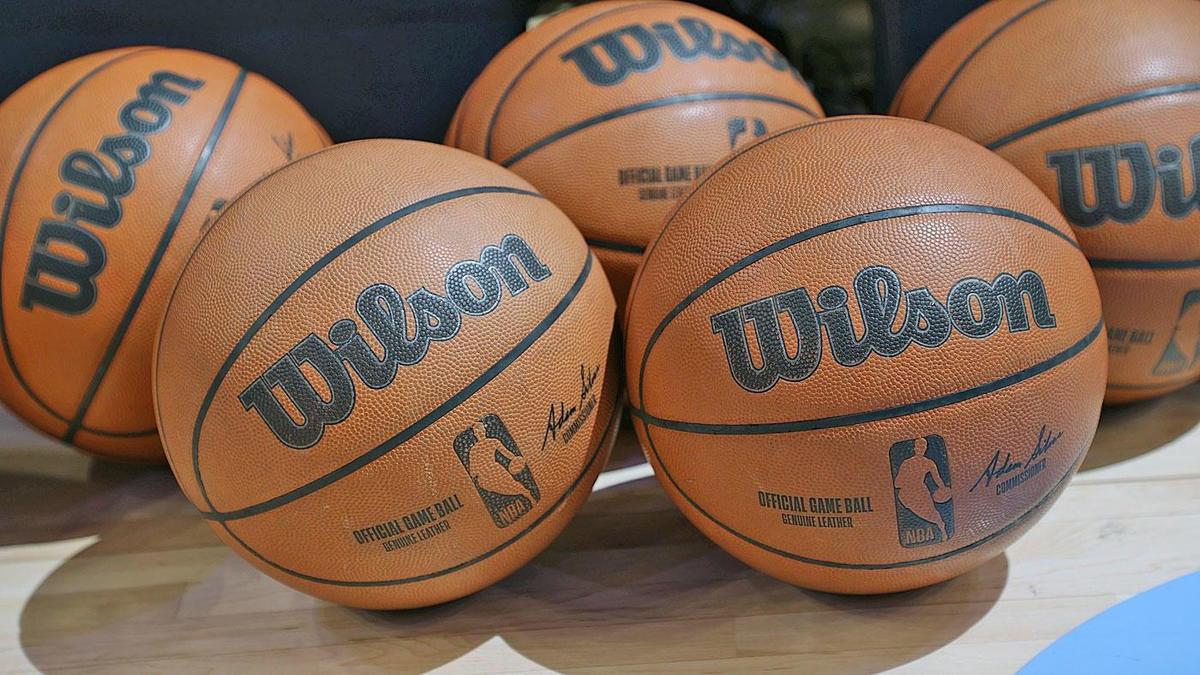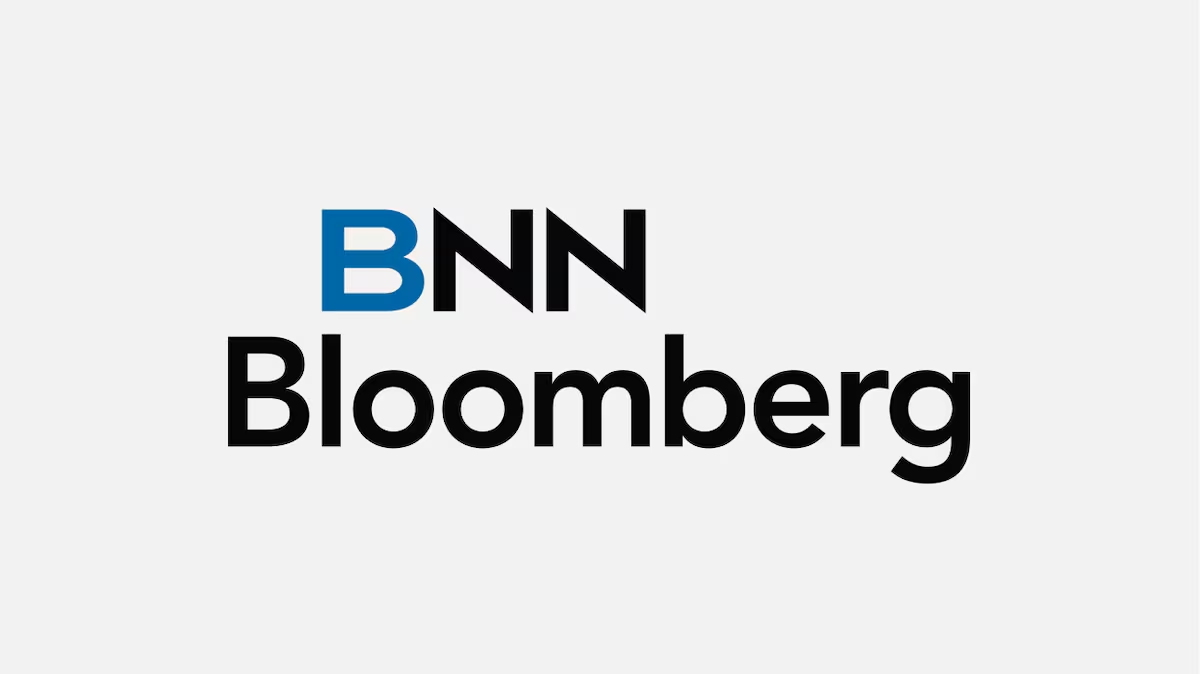NBA
New Blockbuster Three-Team Trade Proposal Sends KAT to New York, Randle to Wolves, Hawks Land Promising Young Guard

The NBA off-season is beginning to wind down, but there’s always the possibility for one or two more moves to drastically shift the landscape of the NBA. Just last off-season, the Celtics acquired Jrue Holiday in late September. With Summer League almost in the books and teams evaluating the margins of their roster, a lot of attention is going to be placed on the small ways that teams can get better.
If there is one thing the Knicks have done this offseason, it’s to think big. This summer, they sent over an unprecedented haul of picks – five total first-rounders and an unprotected pick swap – for forward Mikal Bridges. Usually, the players that demand such a haul are All-NBA caliber. Whether or not the move was the right one remains to be seen. However, the Knicks front office is clearly not a team that is afraid to push in their chips for a team that they believe can win right now.
The Timberwolves are in an interesting situation. After the franchise’s best season since their 2003 Western Conference Finals run with Kevin Garnett at the helm, they now face the prospect of an increasingly expensive team. The core of Anthony Edwards, Rudy Gobert, Karl-Anthony Towns and Jaden McDaniels are all locked up on extensions that leave Minnesota with very little flexibility. The restricitive second-apron penalties force them to consider the possibility of trading one of those names either this off-season or during the next one.
Rumors of Towns being traded to New York in order to fix this problem have persisted for weeks. Knicks insider CP The Franchise on Knicks Fan TV suggested this about New York’s interest in KAT on July 10:
“Think about this. We talked about all the moves that they made this offseason to get themselves some more wiggle room with the cap. They made the Shake Milton trade, they signed him, they put him in the Bridges trade. You have Brunson, who’s considering taking considerably less to sign an extension. They didn’t sign Julius Randle to an extension. They didn’t sign Julius to an extension. I’ll tell you this: they’re bigger fans of Karl-Anthony Towns.”
He added more to his statement later in the show:
“Yes, he played for Thibs before. Yes, he’s a Kentucky guy. Yes, he’s a CAA guy. That’s what I can tell you, keep an eye on it now. Contractually, it would have to involve Julius and probably about like $20-plus million in salary so you’re talking about a big change there. But like I said, keep an eye on it. You know the interest in KAT is real.”
To acquire Towns, the Knicks would almost certainly need to send some combination of Julius Randle, Mitchell Robinson, Josh Hart, Donte DiVicenzo and first-round draft capital. It would significantly deplete their remaining assets, which are already limited due to the Mikal Bridges trade. This is where Atlanta could get involved.
Kobe Bufkin, Atlanta’s former first-round draft pick, had a really nice end to his season. Although he played most of the season with the College Park Skyhawks, Bufkin showed exciting flashes on defense as both an on-ball defender and within the team’s defensive infrastructure. His offense is a work in progress, which made his absence from Summer League especially disappointing. However, the shoulder injury that kept him from playing in Las Vegas hopefully will not limit him for the 2024-25 season. With Dejounte Murray now on the Pelicans, Bufkin has an opportunity to stake his claim as Trae Young’s backcourt partner. He’ll face stiff competition for that spot from Dyson Daniels, who the Hawks acquired from New Orleans in the Murray deal.
If the Hawks decide to upgrade from Bufkin in order to bolster the roster around Young, Minnesota wants to avoid the second-apron penalties and the Knicks want to complete an offseason abound with change, all three teams could be involved in a deal. What would that deal look like?
It should be noted that this is just a speculative and fun exercise to see what kind of moves can be made, not what I think the Hawks should do or will do. That is all.
Here is the trade:
Hawks get: Miles McBride, Jericho Sims, 2025 2nd round pick (via Denver, via Minnesota). 2026 2nd round pick (via Indiana, via Minnesota)
Knicks get: Kobe Bufkin, Karl-Anthony Towns, 2027 1st round pick (via Milwaukee, via Atlanta), 2025 2nd round pick (via Minnesota)
Wolves get: Julius Randle, Mitchell Robinson, Bruno Fernando, Garrison Mathews, 2026 1st round pick (via New York, top-12 protected), 2030 1st round pick (via New York, top-7 protected)
Why the Hawks would do this deal: At the moment, McBride is a better player than Bufkin. He was fantastic for the Knicks in the post-season, averaging 11 points, 2 assists and 2 rebounds across 13 post-season games. McBride was especially critical to the Knicks’ victory over the Sixers in the first round – he dropped 21 points in Game 1 and 13 in Game 3 while guarding Tyrese Maxey for much of the series. His contract is also a massive bargain – three years for a total of $13 million. He can function on and off the ball, showed signs of becoming a promising mid-range scorer and plays a tenacious brand of defense. Although he’s recovering from a toe injury at the moment, he should be good for the regular season. If McBride’s shot continues to improve, he’s a player that can play next to Young and run bench lineups in his absence. Bufkin has experienced a run of injuries to begin his young career. Swapping him out for McBride would give them a more durable player with proven success. Acquiring Jericho Sims is mostly for salary-matching purposes while Bruno Fernando and Garrison Mathews are players the Hawks likely won’t rely on in 2024-25. Moving on from them to clear some more salary would fit with how the organization has approached their cap management in the past.
Why the Hawks would not do this deal: It is well known that the Hawks are light on pick equity. To force New York’s hand, they would likely need to attach a first-round pick in the deal. That alone probably would make them wary of doing this deal. Bufkin could also stay healthy and make thsi deal moot because McBride proves to not be a necessity. However, of all their picks, I think the Hawks can afford to give away the 2027 first-round pick they got in the Murray trade. It’s the least favorable of the Pelicans and Bucks’ picks, meaning it probably falls somewhere between 20 and 32. By the time of the 2027 draft, they will either have enough pieces to entice Young to stay or Young will be elsewhere. Either scenario reduces the pick’s importance. A Young trade would make them pick-positive with plenty of assets; keeping him through 2027 would mean the player at that pick has a low chance of making an impact anyways. 2025 and 2026 are particularly strong draft classes – it’s far more important for the Hawks to be involved in those drafts.
Why the Knicks would do this deal: The Knicks are unquestionably all-in on this current core of Brunson, Bridges and OG Anunoby. Moving either Hart or DiVicenzo does not make sense because they are making a bet on the natural chemistry that exists between Bridges, Hart, DiVicenzo and Brunson from their days at Villanova. However, Randle’s future is less certain. The Knicks have not yet signed him on an extension and they have yet to see how he fits in a playoff setting. While injuries and ineffective rosters have certainly affected his performance in the playoffs, he is statistically one of the least-effective postseason players of all time. Towns does not have the cleanest post-season resume, but he was incredibly effective for most of the Timberwolves’ post-season run. He saved the Wolves from the brink of elimination in Game 4 versus Dallas, he’s arguably the best big man three-point shooter ever and is a true seven-footer who offers tremendous size on defense. A defense with Bridges, OG and KAT is one of the best in basketball and he opens up the floor for Brunson to operate. Unlike Randle, who requires spacing to be effective, Towns provides that spacing to others.
Why the Knicks would not do this deal: New York’s refusal of this deal would likely stem from not wanting to lose McBride and a belief that Towns is not the player they need. His salary is certainly expensive and it would hamstring their flexibility in future seasons. Winning the title over the next two years becomes an absolute necessity. Towns also is not a defensive game-changer in the way that his Wolves teammate, fellow center Rudy Gobert, is. However, Anunoby is. He even guarded Joel Embiid for parts of the Sixers series and can play as a small-ball center in some lineups. KAT’s skillset is maximized at the power forward spot, but the Knicks are the rare team that don’t need to exclusively play him at center. Because New York’s timeline would be accelerated, they might not want to lose McBride since he’s already shown postseason success. However, assuming they need to attach picks to land Towns, getting Bufkin and a first-round pick back for McBride would give them another asset that they can use to re-work their roster if needed. While two first-round picks may not be necessary to land KAT, they will almost certainly need to give up one. Sending McBride to Atlanta could be their way of balancing their stash of picks. Bufkin is also as clean of a replacement for McBride as one could reasonably ask for.
Why the Wolves would do this deal: Wolves owner Glen Taylor has paid the luxury tax four different times. In total, he has paid about $25 million in luxury tax over his 30-year ownership of the team. The luxury tax bill for the Wolves’ upcoming season is projected to be $84 million dollars. They already have a Towns replacement on the roster in Naz Reid and can use Mitchell Robinson as the backup center if they want to run lineups with Reid and Gobert. In Randle, they get an aggressive scorer who can function as a secondary or tertiary ball handler and competes for rebounds. He struggled from three-point range last season and makes questionable decisions with the ball, but would take some of the scoring burden off of Anthony Edwards. The size of a potential Jaden McDaniels – Julius Randle – Rudy Gobert lineup is formidable and gives them the depth to weather through the grind of an 82-game season and the playoffs. Minnesota would also get first-round draft capital back in this deal, which helps as they are currently short on picks. Furthermore, Randle’s contract is only on the books for two more seasons while Robinson’s deal expires at the end of the season. The long-term financial commitment for either player is not as significant as it was for Towns. They can also fill out the back of the rotation with players like Bruno Fernando and Garrison Mathews, who can be traded for picks at the deadline if they have solid seasons. This deal would give Minnesota the ability to throw just about any look at a team. I do think Randle could be a solid three-point shooter in Minnesota’s lineup since he shot 41.1% on five attempts a game in 2020-21 and 34% on eight attempts a game in 2022-23.
Why the Wolves would not do this deal: Trading one of the best big man shooters ever for two below-average shooters is a tough proposition. The Wolves would be very reliant on Jaden McDaniels to shoot more threes, which he has shown some ability to do. I also think they could mitigate this issue by playing first-round rookie Rob Dillingham alongside Edwards. Furthermore, if they really need shooting, they can always insert Reid in for Randle since he is a legitimate threat from beyond the arc. Robinson also profiles to be an expensive backup/third-string center at $14 million dollars per year. The Wolves might also consider that they would have too many players and struggle to balance them all. If they made this deal, Minnesota would be two-deep at every position at their roster. There would be a lot of players that have arguments for significant roles and it’s almost a guarantee that someone will be under-utilized.


_DNT_Michael_Blake_for_Mayor)







